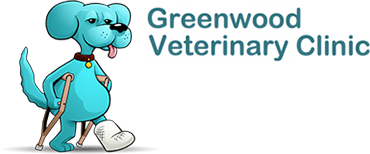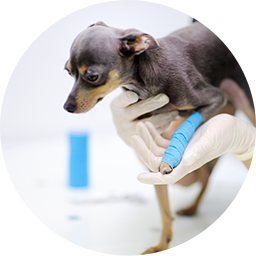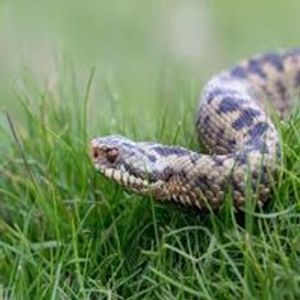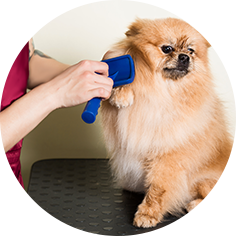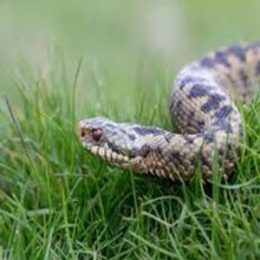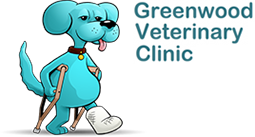For many pet owners, watching your cat or dog grow older is a comforting and natural experience. It is often hard to believe the same bundle of energy that tore up the backyard or the curtains, is now the calm and kind old friend curled up on your couch. When your pet begins to slow down or stiffen up, they need your help and understanding. Unlike a fellow human, pets can’t take responsibility for their own care, they depend on you!
How old is your pet? Age varies according to species, breed, body size and individual variation. Large breed dogs age quicker than smaller dogs. Typically a cat reaches their senior years at about 8 years, small dogs at age 7, and large breed dogs at 5 or 6.
How does ageing affect older pets? As a cat or dog ages, two common changes can occur. The first is age-related changes such as hearing loss, changes in vision or reduced activity. These are normal and cannot be prevented. The second kind is related to what we would class as disease. Commonly this would include heart disease, liver disease, kidney disease, arthritis or dental disease. Often, these types of diseases can start to develop slowly, so we often make excuses or allowances for our pets getting old and miss the warning signs. The signs to look out for can include things like weight gain or loss, changes in water intake or urine output, smelly breath or difficulty chewing, increase or decrease in appetite and changes in activity levels or sleeping more than normal.
Many of these diseases require proper evaluation and diagnosis. Here at the Greenwood Vet Clinic we routinely perform x-rays, blood tests, ultrasounds and ECGs which can be used to help to evaluate your pet’s health. Pets who are experiencing signs of older age, or who have to take some medications on an on-going basis, should have a regular check-up and blood test to assess their progress through their older years.
What if my dog or cat isn’t a senior? The healthcare that cats and dogs receive during their lifetime can often help prevent or defer the onset of disease as they age. This can include preventative health care, appropriate exercise, dental care, regular visits to the vet and eating a balanced diet in the correct portions.

